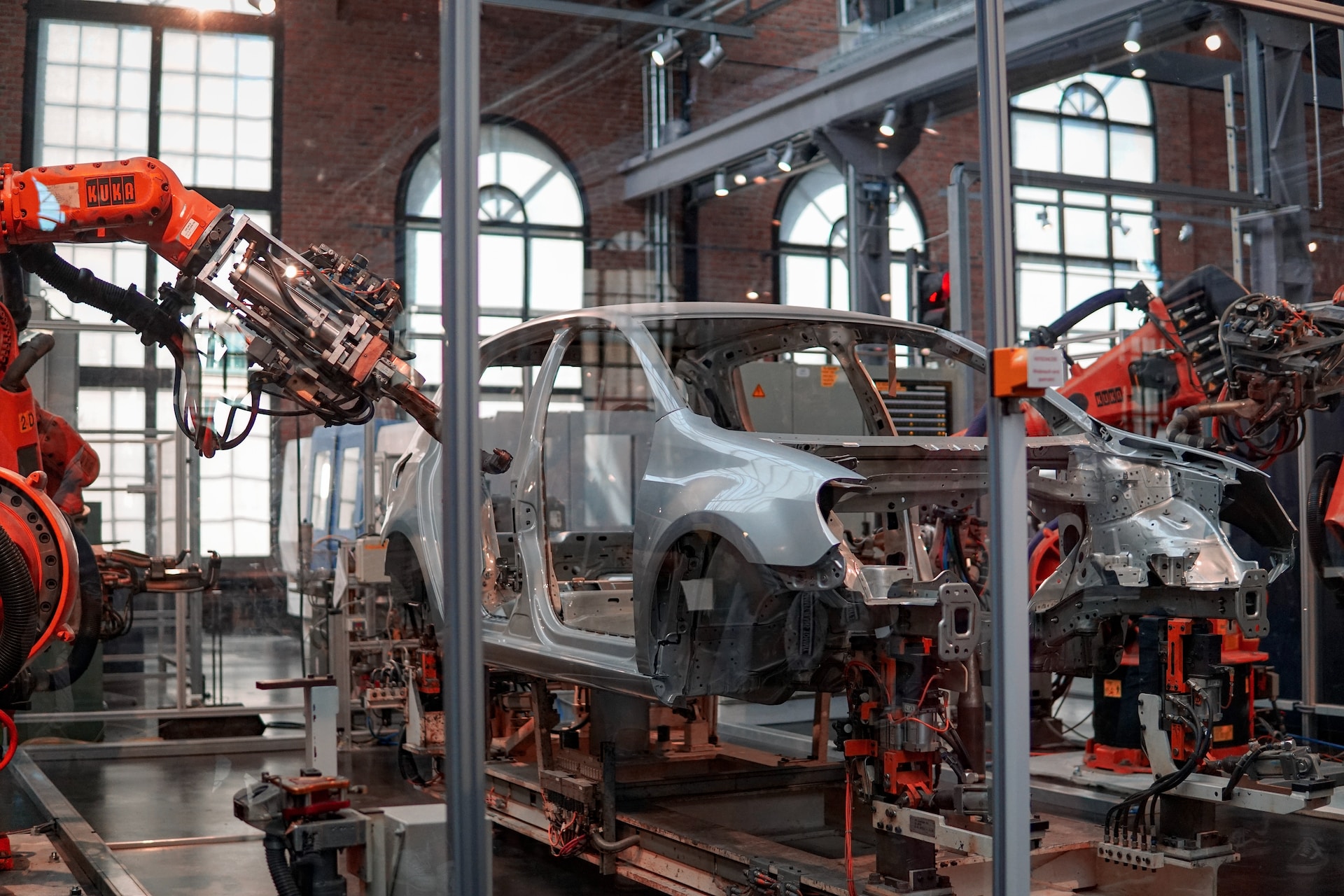Automation: the key to success in any industry
Industry in general, in all aspects of the economy, is currently overcrowded, to the point that people themselves cannot take care of all the manual work. In the factories of the world this process of automation began, but now, the machinery has spread throughout the economy. And it is that, at present, there is a growing need to improve work efficiency, which is why even in jobs that used manufacturing before, today large machines are required.
The automotive industry, as well as many others that need to assemble large parts quickly to have a large batch of a certain type of product, require, for example, different types of mechanical arms, robots that do the job faster and more precisely, reducing much possibility of error.
In digital industries, of course, there is also automation, and interestingly enough, the programs that carry out the automated tasks are called “robots”.
Robots: the present and future of all industries
Currently, in the recent past and in the future, the industry belongs to the machines. Robots are at the heart of how modern industry works, and it will become even more so as technologies grow. Robotic welding, for example, was a great revolution in its time, today it is completely standardized. If you want to know what is robotic welding: how it works, advantages, types of welding robots click in the previous link.
In the same way, the electronics technology industry is highly dependent on robotics, and even industries that are still largely handmade today will be much more important in the future. With the development of artificial intelligence, it is expected that automation will continue to increase its importance in companies. As the industry becomes more efficient, its standards rise, and new jobs appear that offer great benefits for those who specialize in it now.
The advancement of automation has created more jobs than it has displaced
It is completely natural that, as new news about revolutionary technologies emerges, concerns arise about the role of humans in them, and whether they will create a global dependency on machines and whether humans will lose jobs. However, during the course of history this myth has been denied on different occasions. The truth is that, despite the fact that, at the beginning, many jobs disappeared, the truth is that over time new ones appeared and much better paid than the previous ones.
The human being will always be necessary in different parts of the process, so while some jobs are devalued or disappear, new jobs soon appear to replace the old ones. Another of the great automators of the future, for example, is quantum computing, which is now under development and, although you probably won’t have a quantum computer at home in the near future, companies will probably use it for different applications, including program more complex robots.
In any case, this technology will leave the door open for professions such as specialists in quantum computing itself to be hired to install and supervise their operation. Artificial intelligence specialists are currently experiencing a huge increase in demand, so their jobs are being revalued. These are just a few examples of how technologies will allow the creation of new jobs that are much better paid than the previous ones.

